
ENGINEERING MATHEMATICS
Engineering mathematics is one of the compulsory subjects in GATE with a high weightage. Engineering Mathematics is the art of applying mathematics to complex real-world problems. It combines mathematical theory, practical engineering and scientific computing to address today’s technological challenges. Engineering mathematics is also one of the part syllabus in ESE Prelims Paper-1.

MASS TRANSFER OPERATIONS
In industrial processes, mass transfer operations include separation of chemical components in distillation columns, absorbers such as scrubbers or stripping, adsorbers such as activated carbon beds, and liquid-liquid extraction.
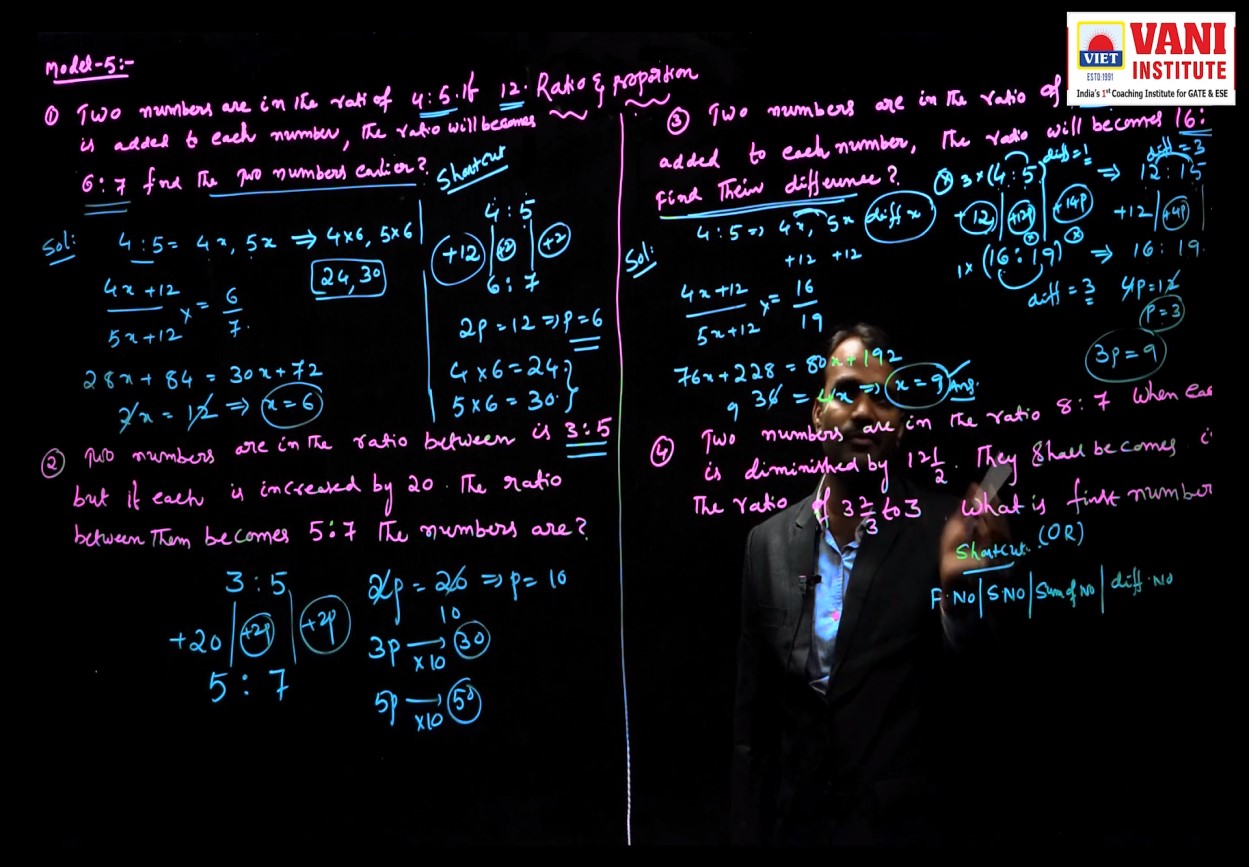
GENERAL APTITUDE
General Aptitude in a Graduate Aptitude Test in Engineering (GATE) includes Numerical Ability and Verbal Ability. Students end up focusing on the core technical subjects, taking Aptitude lightly. ... Aptitude section has high weightage in GATE, 15 marks much more than many other technical subjects. General Aptitude is also one of the part syllabus in ESE Prelims Paper-1.
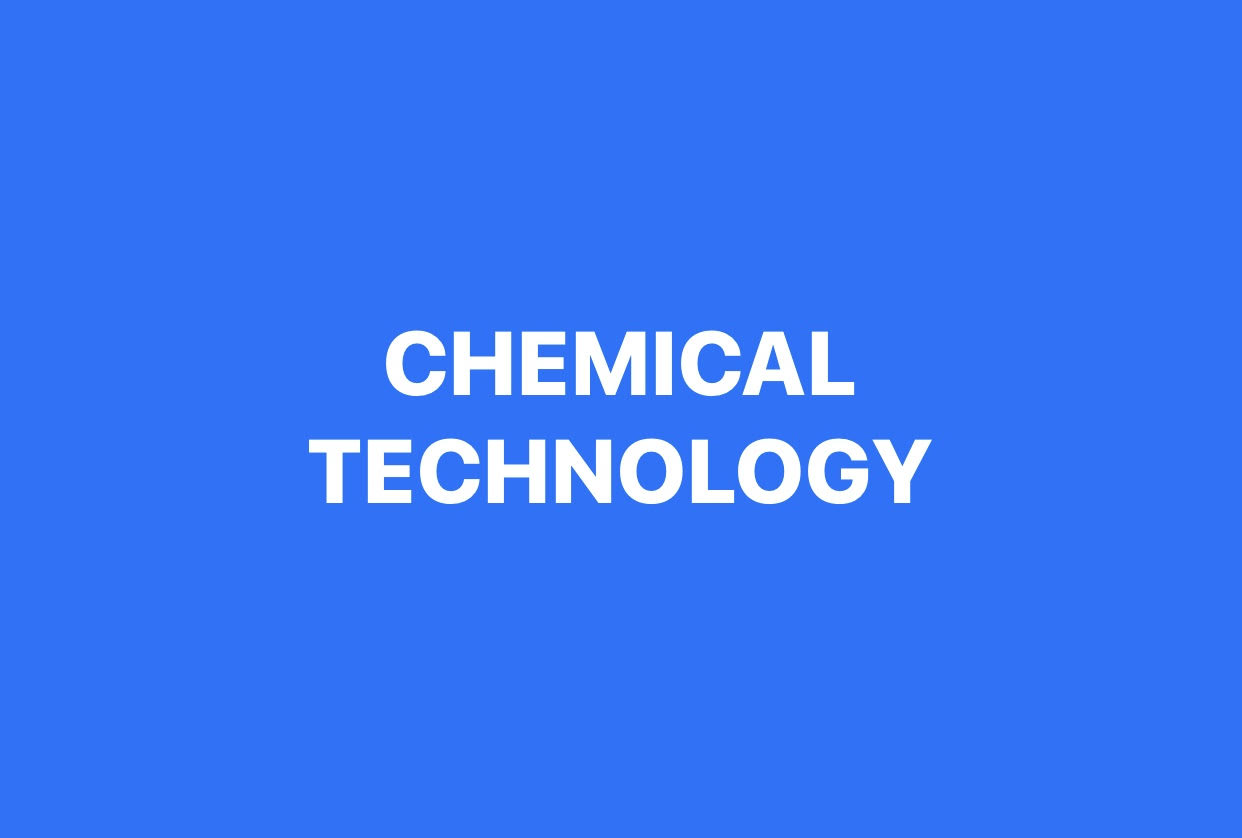
CHEMICAL TECHNOLOGY
Chemical technology deals with the chemical unit operations, organic, analytical and inorganic chemistry, mathematics, policies and practices in areas of environmental, health and safety, process system control, laboratory instrumentation.
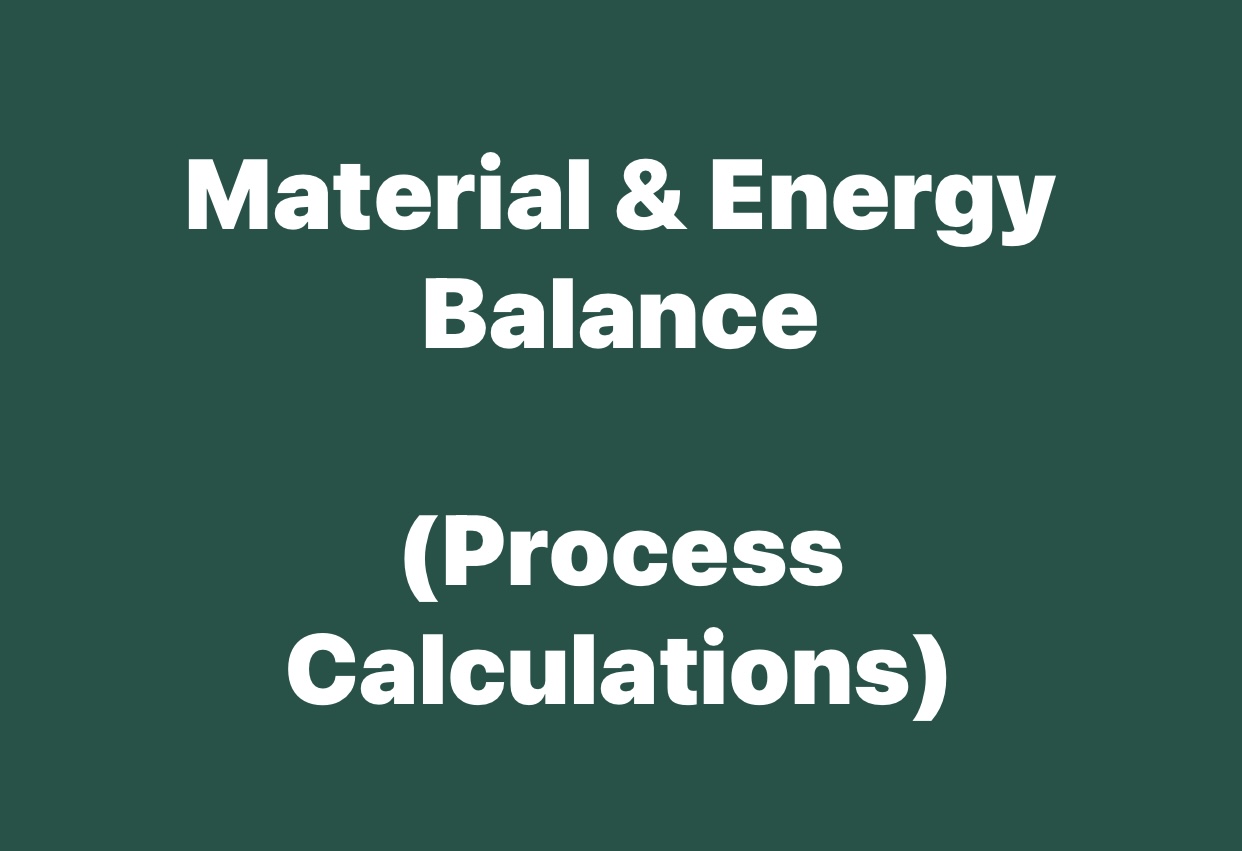
PROCESS CALCULATIONS
Process Calculations has been one of the core subjects with deals with material and energy balance applied across the processes and this course in very essential part of the GATE exam as well.
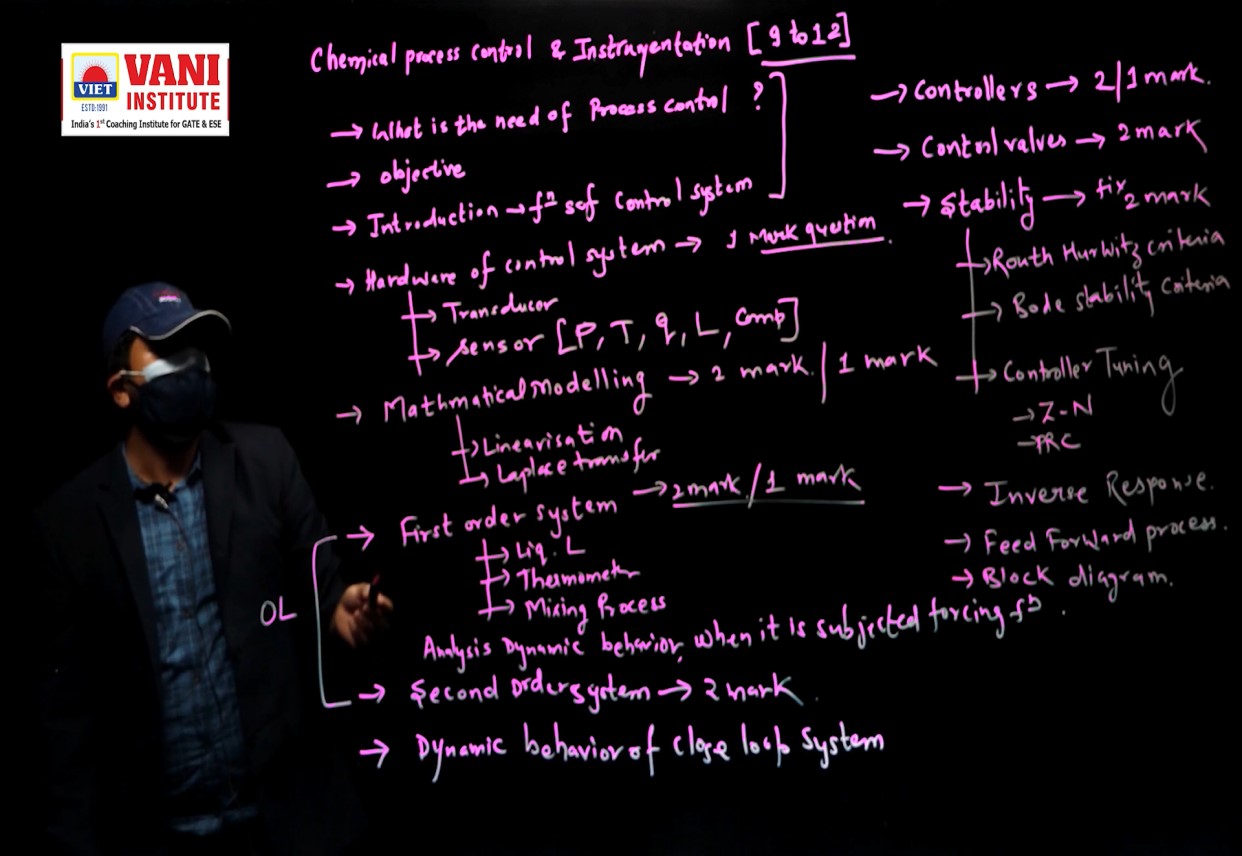
PROCESS CONTROL & INSTRUMENTATION
Process control is the study and application of automatic control in the field of chemical engineering. The primary objective of process control is to maintain a process at the desired operating conditions, safely and efficiently, while satisfying environmental and product quality requirements. Proper application of process control can actually improve the safety and profitability of a process.
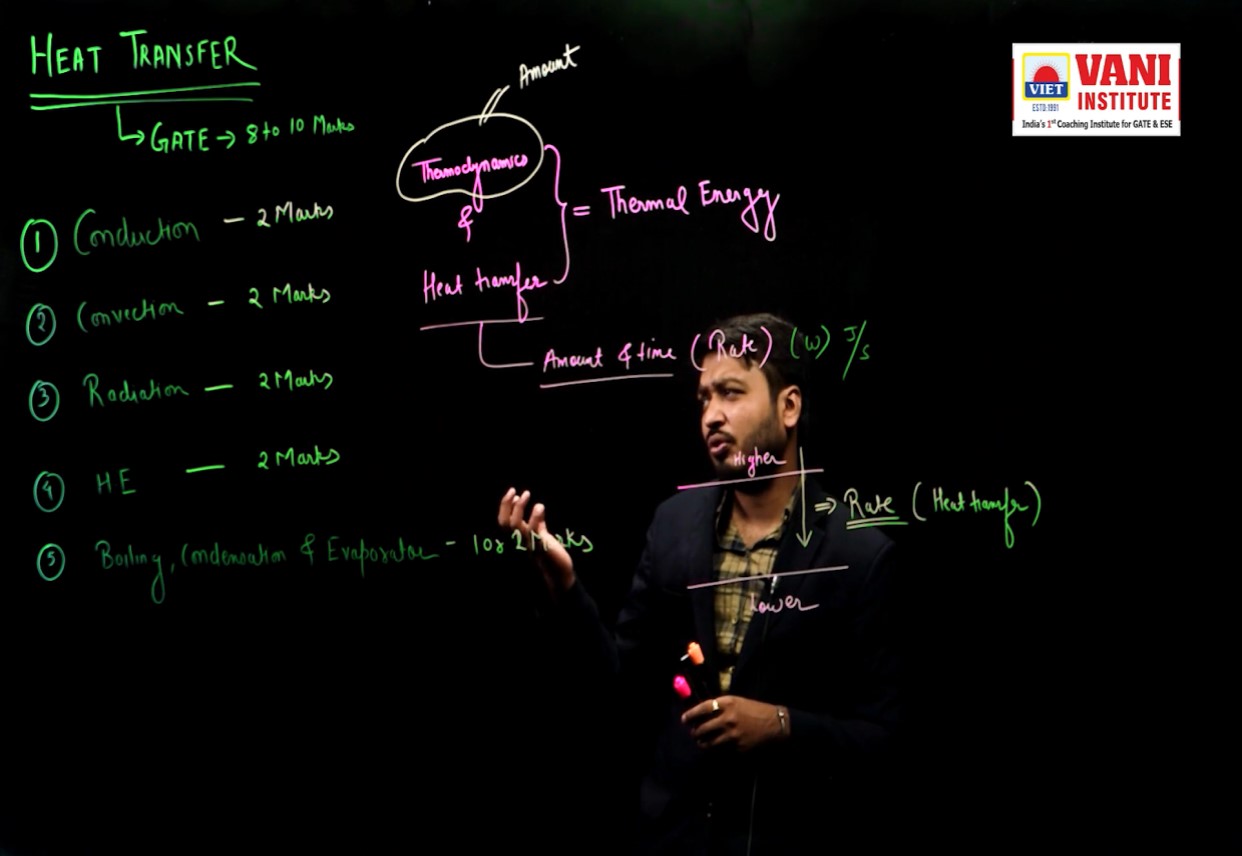
HEAT TRANSFER
Heat transfer is one of the most important part of chemical engineering course. It forms the basis for chemical engineering. As a chemical engineer one should know about heat exchangers, conduction, convection, radiation.

THERMODYNAMICS
Chemical thermodynamics is the study of the interrelation of heat and work with chemical reactions or with physical changes of state within the confines of the laws of thermodynamics
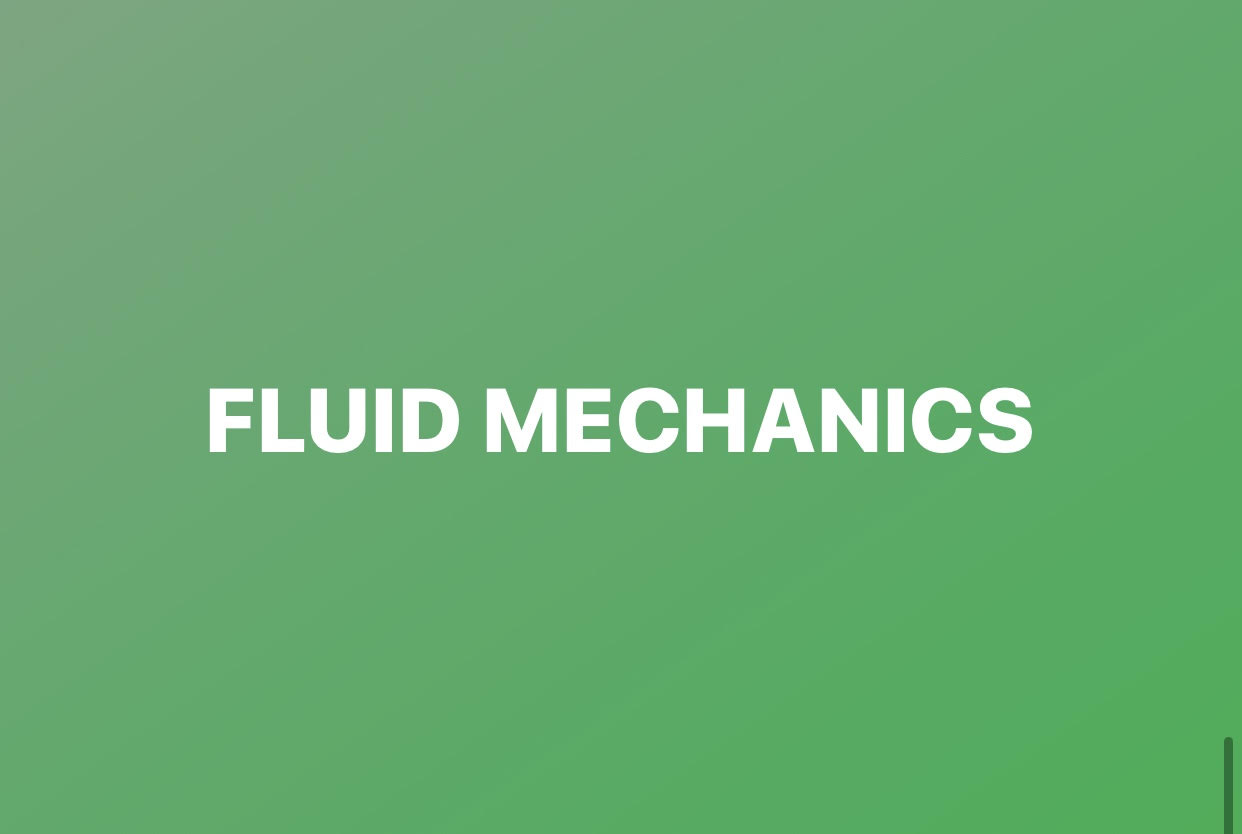
FLUID MECHANICS
Fluid mechanics is the study of fluid behaviour (liquids, gases, blood, and plasmas) at rest and in motion. Fluid mechanics has a wide range of applications in chemical engineering. Fluid Mechanics is an important subject of the GATE Chemical Engineering.
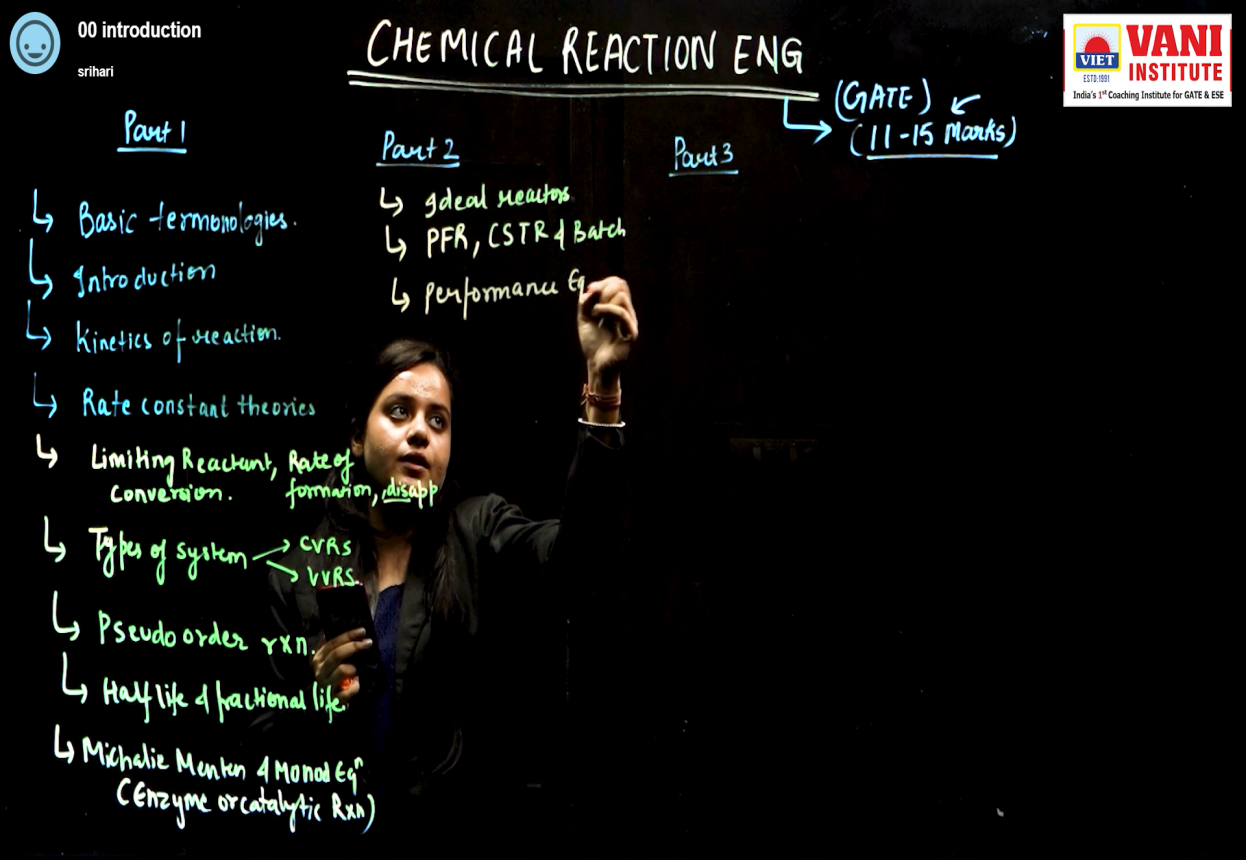
CHEMICAL REACTION ENGINEERING
Chemical reaction engineering is a specialty in chemical engineering or industrial chemistry dealing with chemical reactors. Frequently the term relates specifically to catalytic reaction systems where either a homogeneous or heterogeneous catalyst is present in the reactor
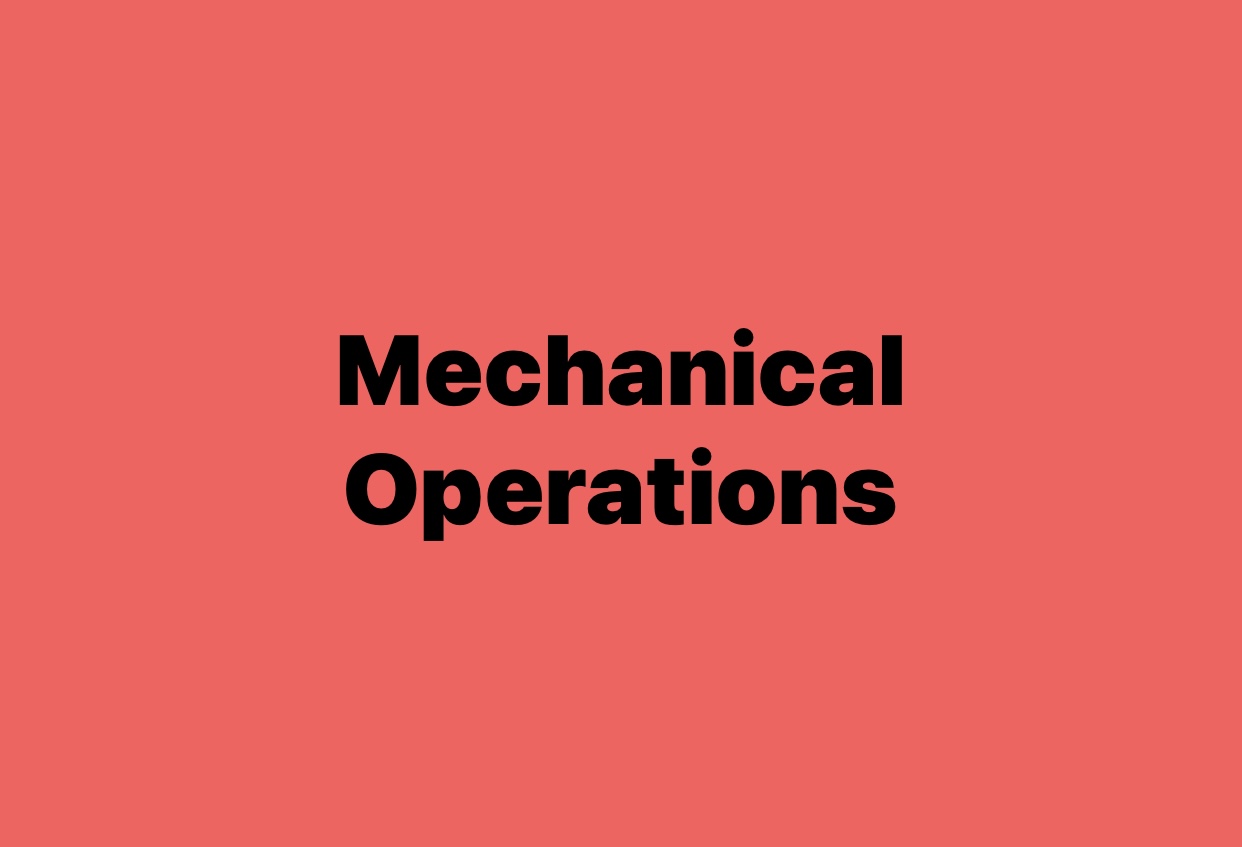
MECHANICAL OPERATIONS
Mechanical Operations deal with Science and Technology of particulate matter, which is a multidisciplinary field including Materials Science, Environmental etc.. The primary objective of this course is to identify the important physical mechanisms occurring in processes involving particles discuss unit operation and its role in Chemical industries, characteristics of particulate solids, Principles of size reduction, particle dynamics and separation of particles formulate and solve mathematical descriptions of such processes
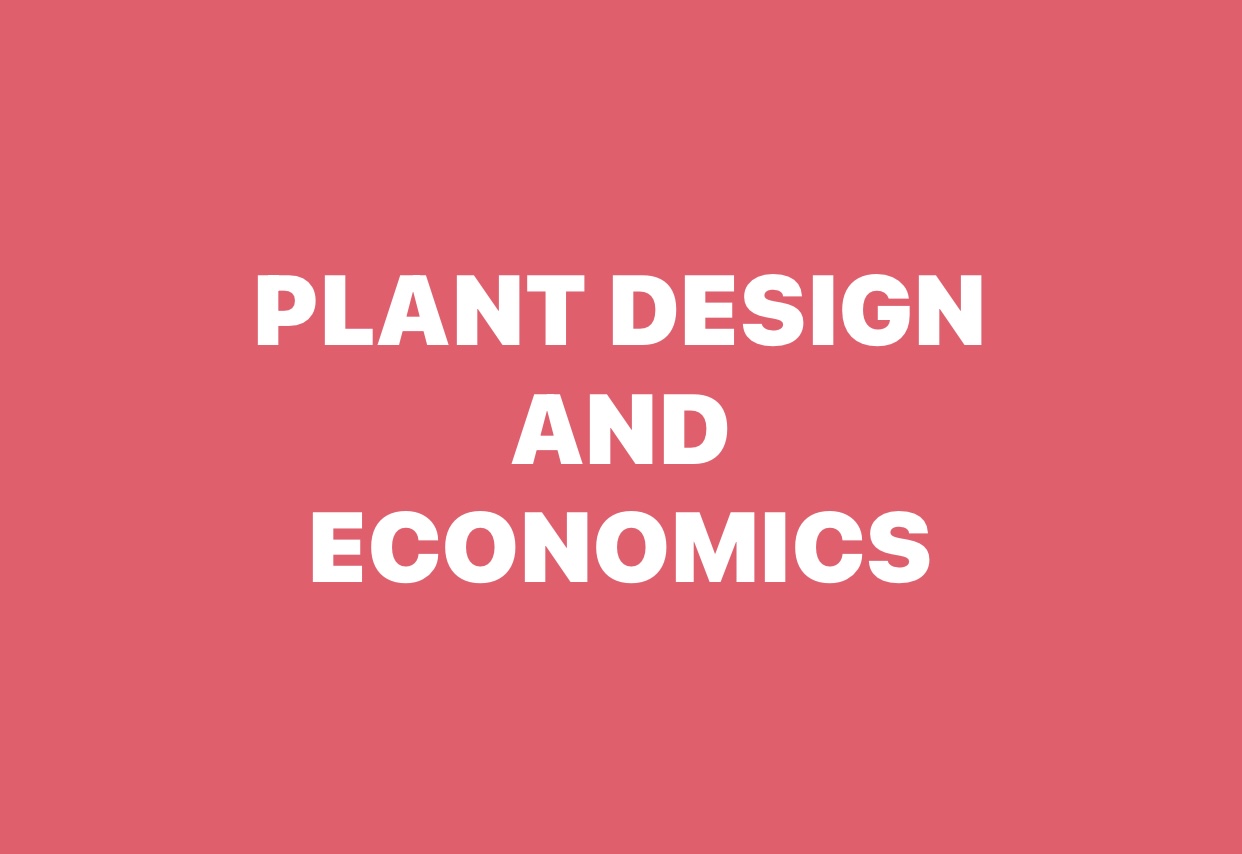
PLANT DESIGN AND ECONOMICS
Plant design and Economics is a very important subject in the preparation of GATE.
-
 Sun, 10-May-2020
Sun, 10-May-2020 -
 Tue, 11-Aug-2020Prakash Kelkar
Tue, 11-Aug-2020Prakash Kelkar
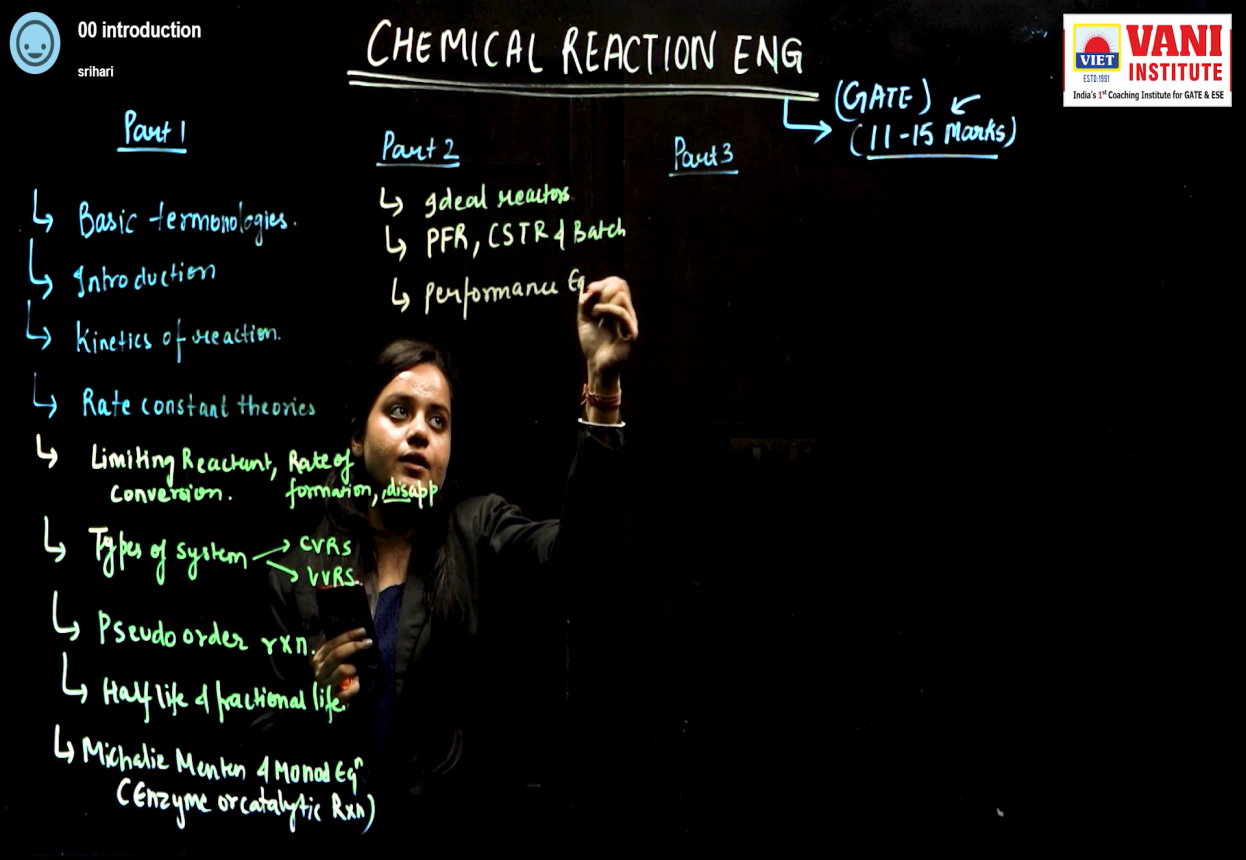
Write a public review